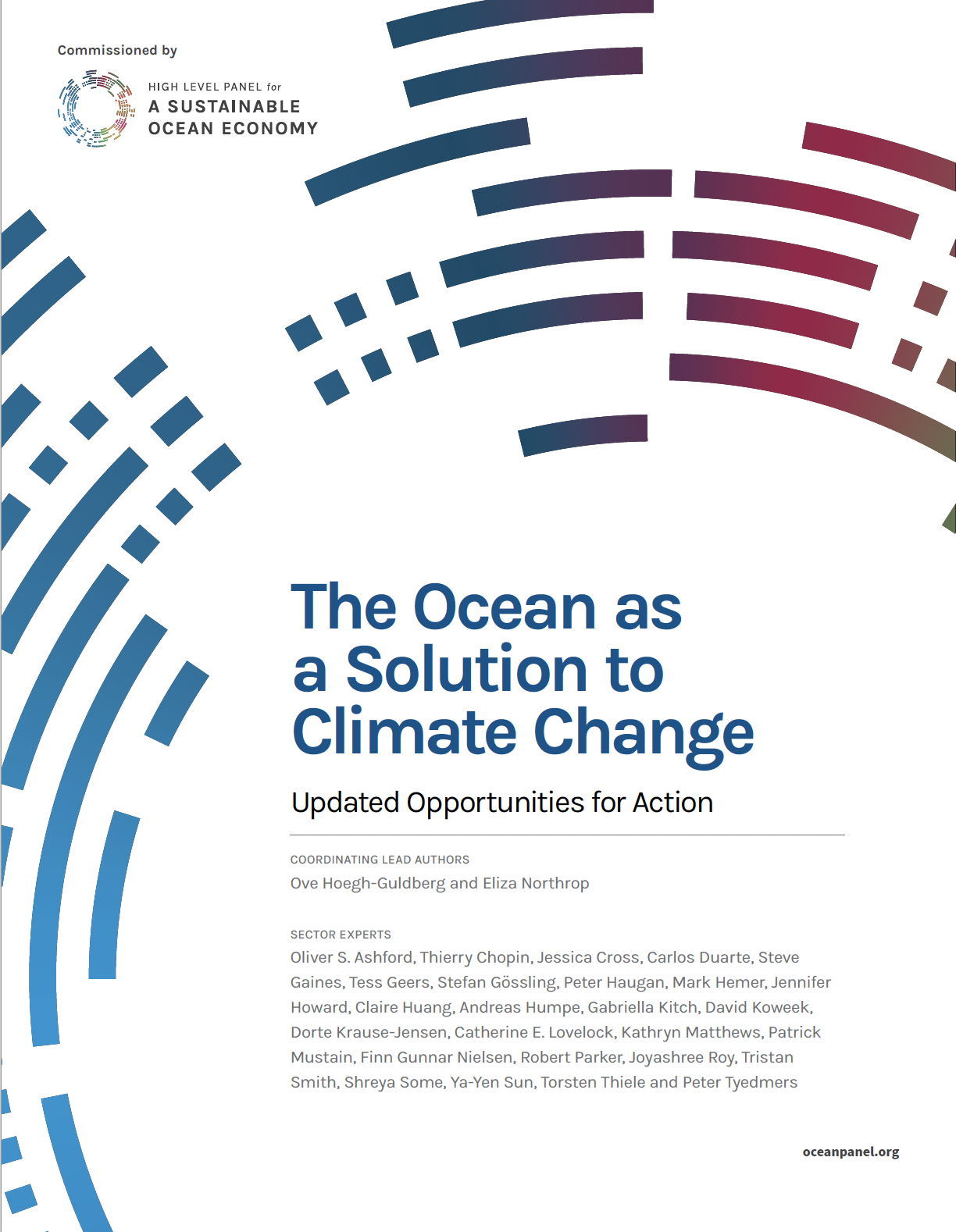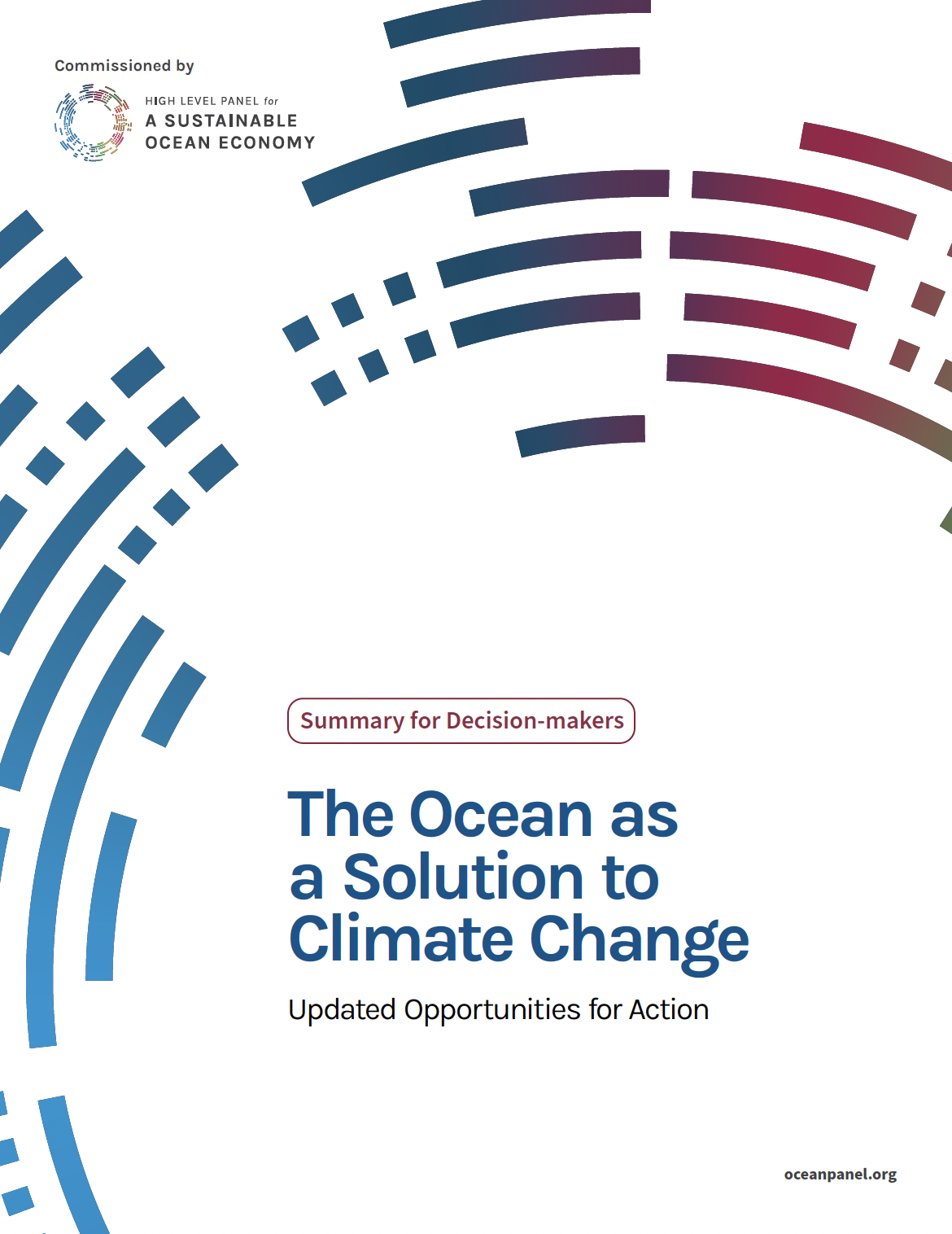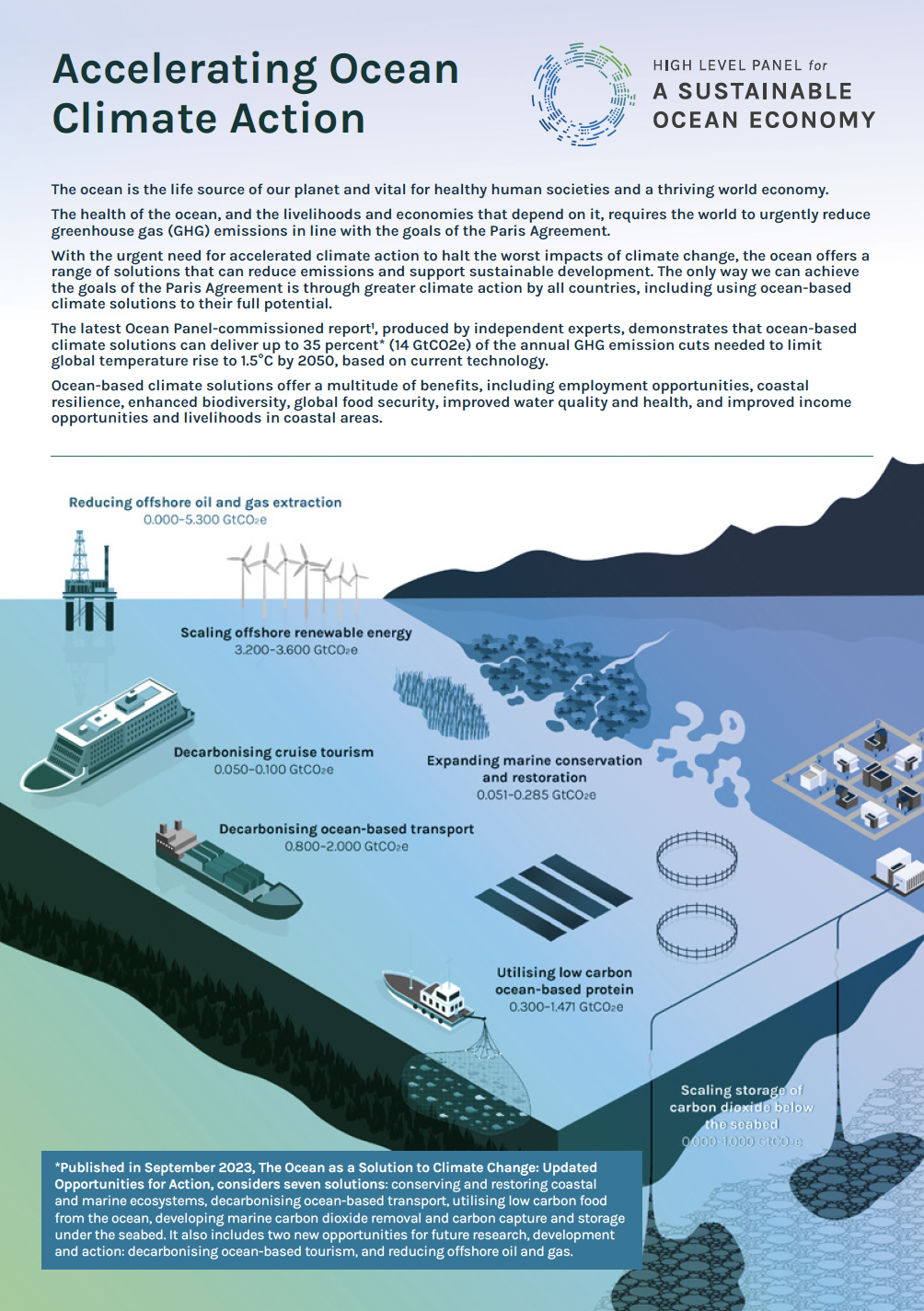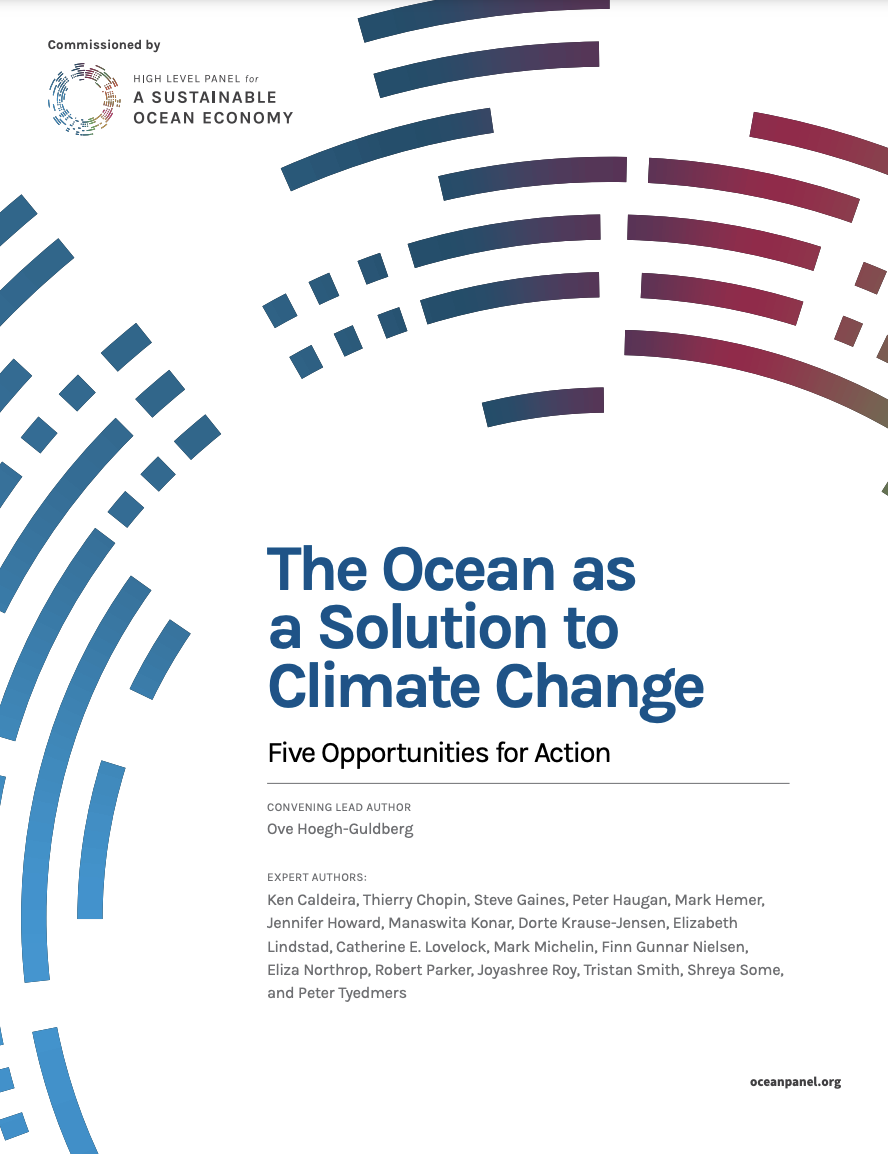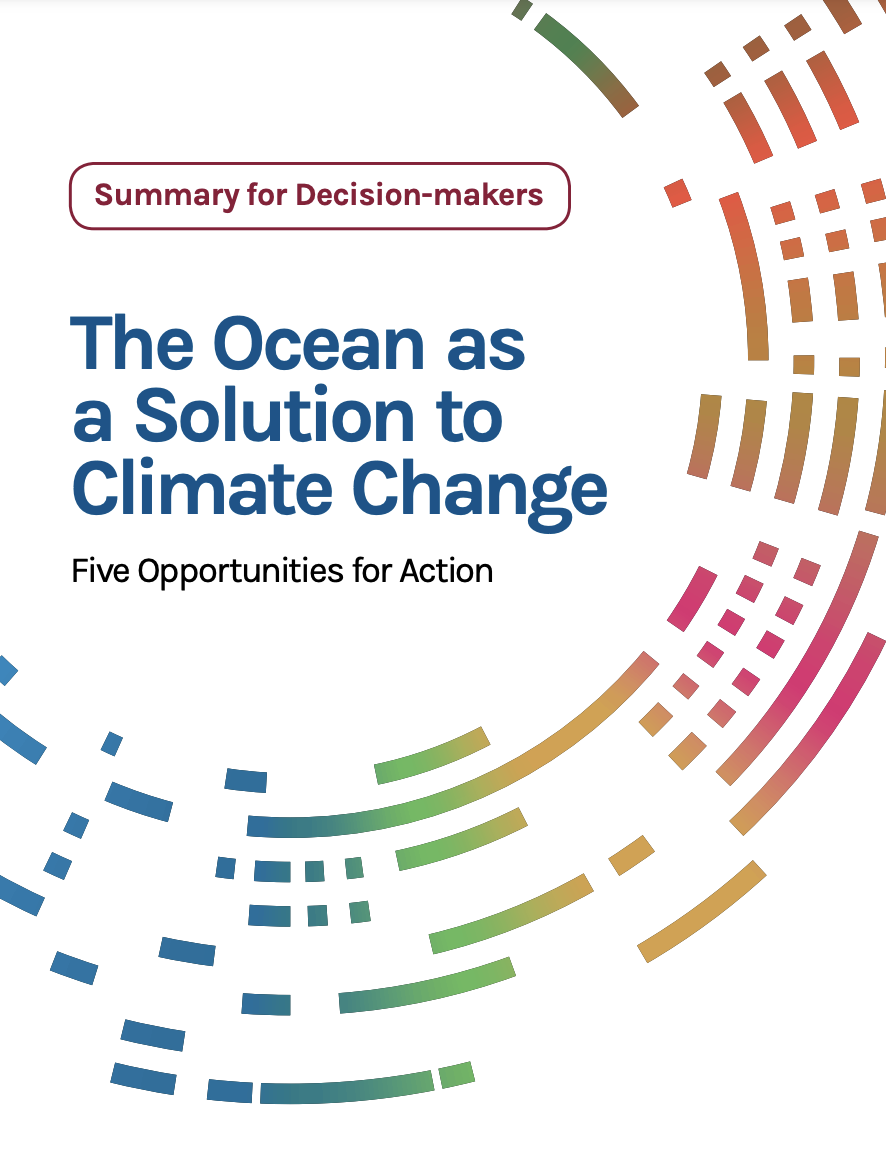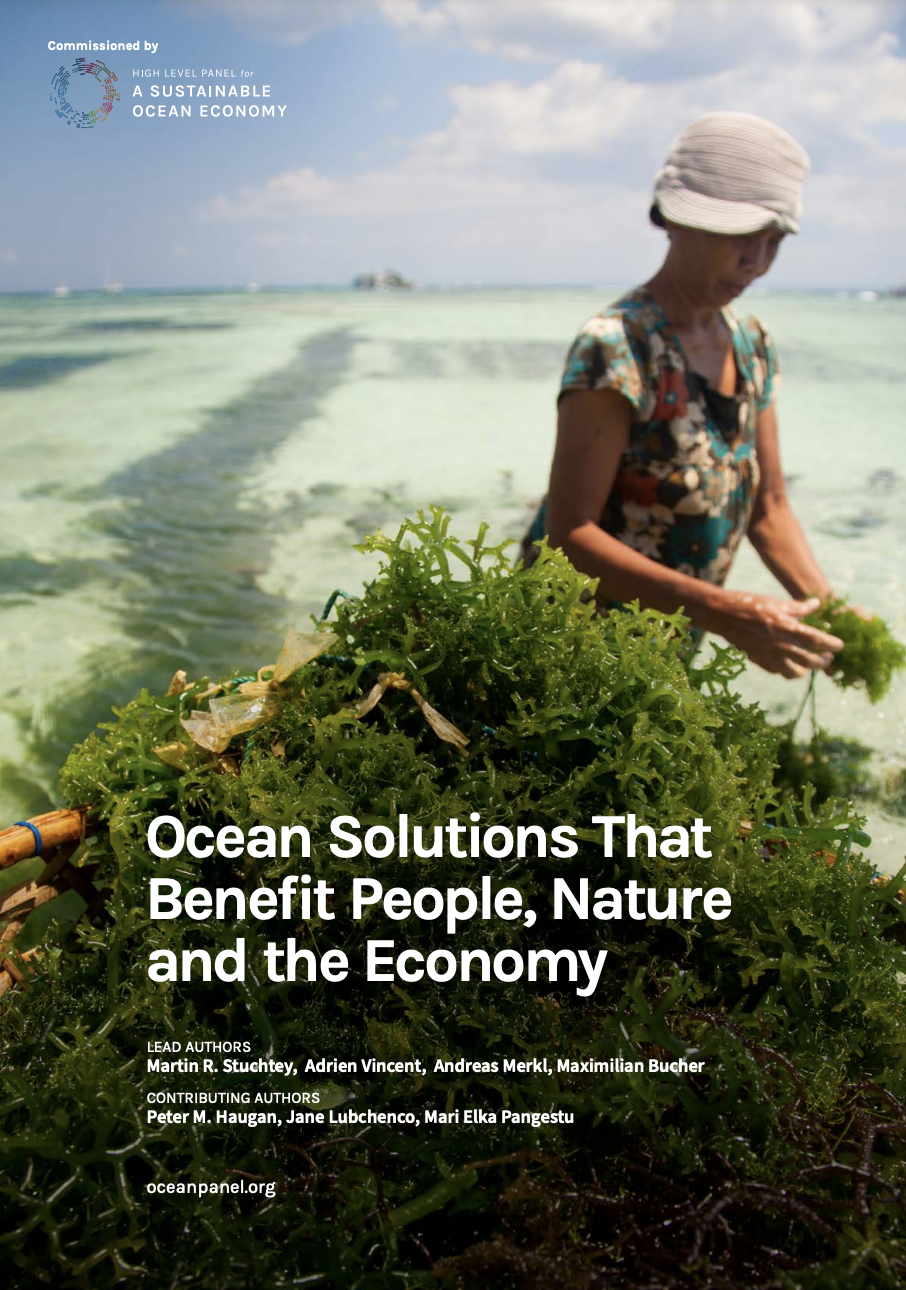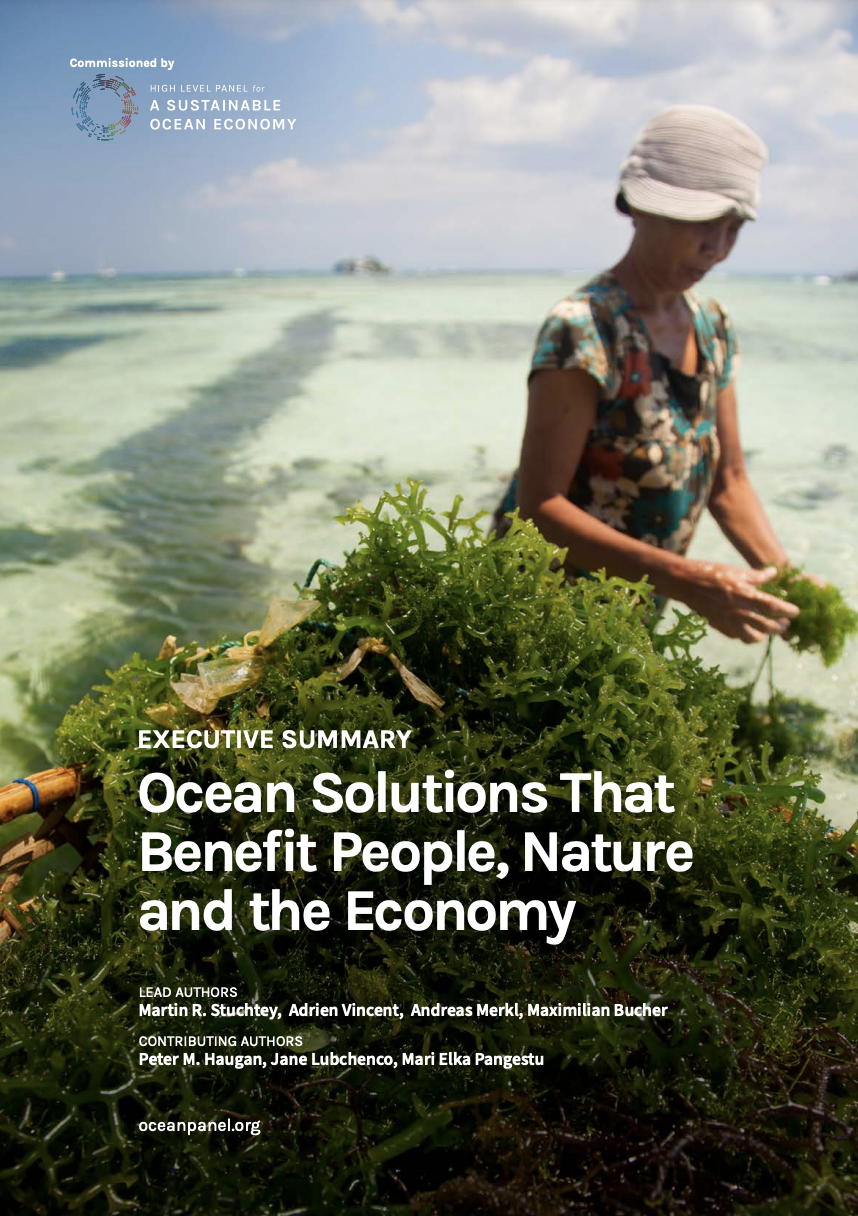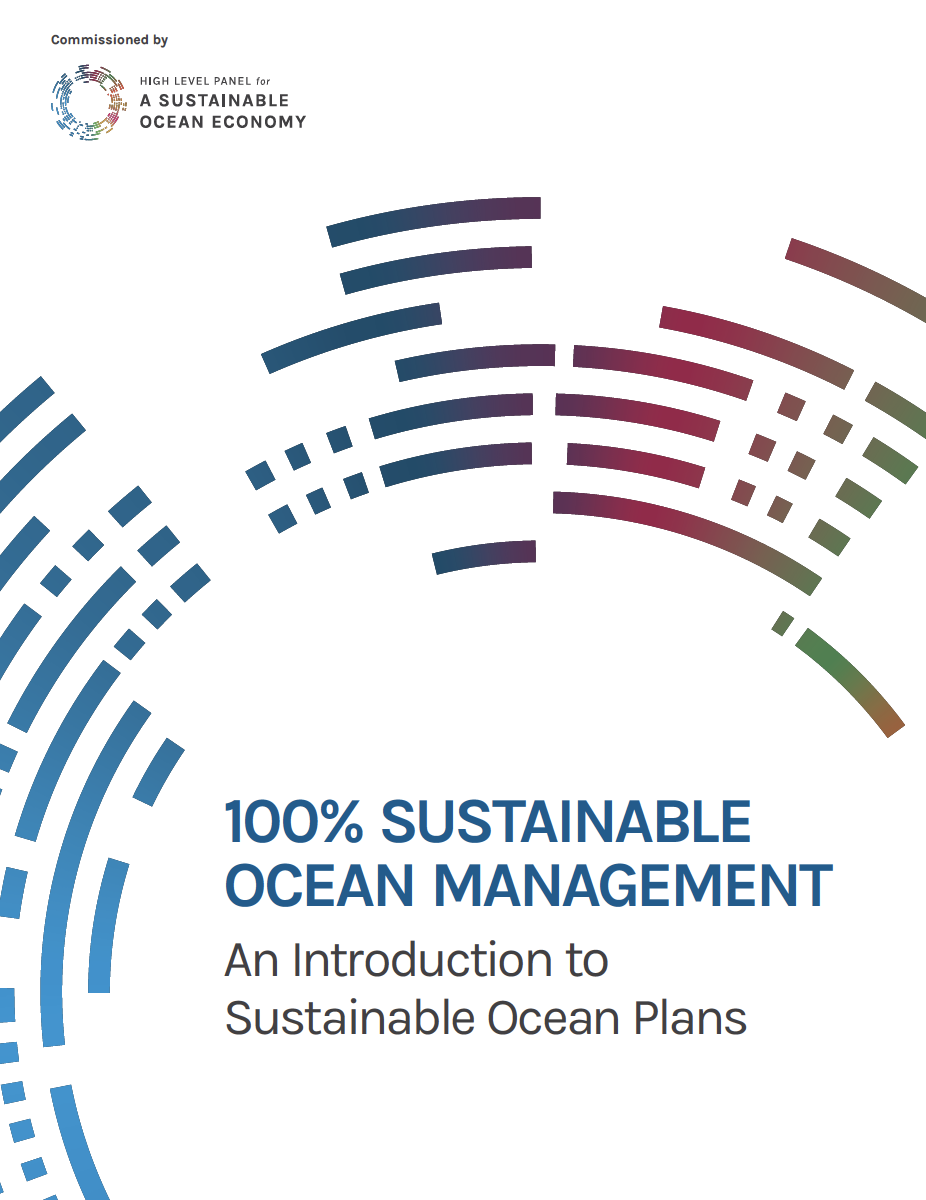The ocean regulates our climate and can significantly buffer the worst impacts of climate change, absorbing human-induced carbon dioxide emissions and heat from the atmosphere. However, the ocean is telling us enough is enough with sea surface temperatures breaking records, sea water becoming increasingly acidic, oxygen levels depleting and sea levels rising.
These impacts are no longer projections of change but are real and urgently felt. As ocean conditions worsen, resultant impacts on the marine environment, fisheries and livelihoods are still yet to be fully understood.
Climate action is vital for ocean health and livelihoods.
To limit the catastrophic impacts of climate change for people and nature, requires the world to urgently reduce greenhouse gas (GHG) emissions in line the goals of the Paris Agreement. This will require emission reductions across all sectors while ensuring a just transitions and building climate resilience.
Ocean-based action can play a critical role in helping the world to avoid the worst impacts of climate change, closing the emissions gap by as much as 35%, based on solutions that are ready to implement. Emission reductions of this magnitude are equivalent to four times the annual emissions of European Union countries.
A new study looks at the emission reduction potential of 7 ocean-based sub-sectors including:
- Scaling ocean-based renewable energy
- Decarbonising ocean-based transport
- Conserving and restoring coastal and marine ecosystems
- Utilising low carbon food from the ocean
- Developing marine carbon dioxide removal and carbon capture and storage under the seabed
- Decarbonising ocean-based tourism
- Reducing offshore oil and gas
Policymakers, governments, and civil society groups must include ocean policy in climate action. Solutions also require greater engagement and coordination across businesses and industry, inclusion of communities and stakeholders and robust monitoring and evaluation.
This report demonstrates that the ocean can provide solutions that are viable and ready-to-implement to help ‘correct the course’ on climate change. What’s needed now is action to deliver these solutions and significant levels of investment to make it possible – before we run out of time.


 Previous
Previous

